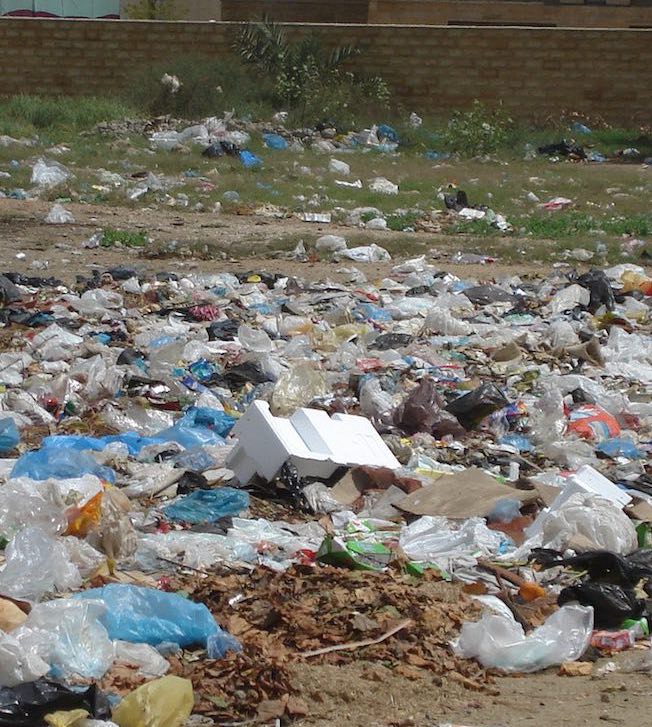Plastic is the New Pariah: Tacoma to Ban Single-Use Plastic Bags
Over the summer, the City of Tacoma passed an ordinance that prevents all retail establishments within the city limits from distributing single-use plastic bags. The ordinance will go into effect in July of 2017.
The ordinance appears fairly straight-forward. Single-use plastic bags are designed for a single use. After the few minutes this bag spends holding one’s groceries or goods, it inevitably find its way into the landfill. Sure, it may be used again as a trash can liner or a dog poo bag. But turning a single-use plastic bag into a double-use plastic bag does not negate the item as a public nuisance. They fill every nook and cranny of the local landfill, easily blow themselves to the side of the road or into water bodies, break down into smaller pieces that are difficult to clean up, and stubbornly refuse to biodegrade. But they’re cheap and convenient, and these have always been the highest of virtues in the American marketplace.
Not anymore.
From November of 2015 to January of this year, surveys were available online for the general public and for business managers and owners. Survey results clearly indicate that the public is to credit for the passing of this ordinance. A majority of those who took the survey expressed a concern about the amount of litter and waste plastic bags create (47 percent), and supported a plastic bag ban in the city of Tacoma (45 percent). Business owners and managers were, understandably, much more hesitant. A significant majority indicated that they did not support a fee on paper or plastic bags (67 and 63 percent respectively) nor did they support bans on paper or plastic bags (83 and 70 percent respectively). 69 percent favored no action — the status quo suits them just fine.
Let’s imagine you sit on the Tacoma City Council and are presented with these survey results. Who should city government serve first and foremost — the general public or the businesses that serve and employ said public?
Businesses should not be subjected to undue hardships. They are the lifeblood of a city and must be allowed to thrive. How easy it is to be starry-eyed and idealistic when stocking reusable bags, charging forgetful customers additional fees, and preventing theft is not your problem. How easy it is to gloss over potential unintended consequences: higher product prices due to a need to increase security, the environmental cost of producing thicker, more durable bags, and the risk of simply replacing plastic bag litter with non-plastic bag litter.
But the wariness of business owners should not be given too much weight either. Business owners have money on the line — a horse in the race, if you will. The top two owner concerns were a loss of business due to disgruntled customers and theft. These concerns are purely financial and neglect to address the bigger picture. There are many laws and regulations that, if repealed, would enable business owners to make more money: the minimum wage, health code regulations, zoning laws, etc. But these restrictions have been imposed upon business owners for the good of the many. It’s easy to paint corporate America as cold-hearted greed-monsters. And in some cases it’s easy because it’s true.
But I would like to think the majority of business owners are simply trying to prosper in a difficult economy, which can narrow one’s focus and heighten one’s fears.
My mom expressed no faith in the effectiveness or benefits of this ban. She has a personal investment in this — she works for Macy’s. She worried that plastic department store bags would be deprived from her customers, angering them and causing them to shop elsewhere. This at a time when Macy’s stores around the nation are being closed by corporate decision-makers. She was sure the ban would only burden businesses and annoy shoppers.
When I asked fellow UWT students and alumni about their thoughts, the response was positive. (Full disclosure, I asked my Facebook friends, which clearly skews the range of responses I would have received.) The primary reason for positive feedback was the fact that very similar bans are already in place around the state and nation, with no accompanying economic collapse. This seemed significant to me regarding the way people view economic and environmental policies. It seems one of the strongest internal reasons for resistance is economic fear. But one of the most convincing arguments to placate these fears can be examples where it has already worked.
In the end, the council clearly sided with the public interest over business concerns. But this is still a win/win for both camps. Business owners must not forget that the public comprises their customer base and this ordinance is something the public, for the most part, wanted.
I am confident that time will prove this ordinance to be a wise one. Tacoma is a progressive-thinking city and I have seen time and again how enthusiastic most residents are to make improvements. Bringing bags to the store will take some getting used to — all lifestyle changes do. But if we can learn to bring our own beer, we can learn to bring our own bags.






